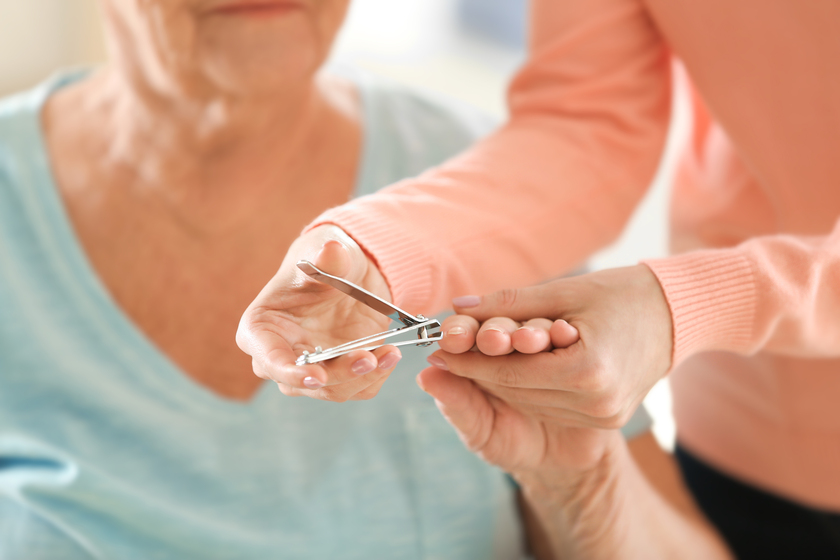The thought of aging can be daunting. It’s a time in life when we have to give up many things, including our independence and the ability to maintain our hygiene as well as we once did. However, that doesn’t mean you can do anything about it! This article will explore ways to improve the hygienic quality of life for aging adults in assisted living homes in Cavetown, MD.
Establishing A Plan Of Action
Once you have established that you or your loved one is experiencing poor hygiene, it’s time to develop a plan of action. The first thing to do is contact their assisted living or nursing home and let them know what is happening. They will be able to assist with hygiene-related issues and point out other signs that may suggest dementia or other medical conditions.
If your loved one lives alone, there are many ways in which you can help them maintain good hygiene habits without having to leave the house at all. If they do not have access to running water or electricity during specific periods (such as during blackouts), consider purchasing bottled water and flashlights to always have clean drinking water and light when needed!
Dealing With The Causes Of The Issues
The first step in dealing with hygiene issues is to identify the cause of the problem. Often, older adults don’t realize that they have a medical condition that is causing their hygiene to suffer, or they don’t have the ability or strength to take care of themselves properly.
For example, if you have arthritis and are unable to wash your hands properly because they hurt too much when you use them, then an assisted living home in Cavetown, MD, can help by providing you with extra assistance while bathing and showering. They may also assist with dressing if needed and provide transportation around town so that you can get out and enjoy things like shopping trips or dinner at restaurants without worrying about driving yourself there.
Encouraging Residents To Bathe Voluntarily
While Assisted Living homes are equipped with bathing facilities, it’s not always easy for residents to use them. Many elderly people have difficulty remembering how they used their shower or bathtub at home and may need assistance getting in and out of the tub or shower.
To encourage residents to bathe voluntarily, assisted living communities to hire team members who specialize in helping elderly individuals take care of themselves during this process. These workers can offer guidance on how much soap should be used per washcloth when washing your body with soap; they can also remind you when it’s time to rinse off so that no residue remains behind (and thus cause irritation).
Educating Residents And Caregivers
One of the most important things you can do for an aging loved one is to help them develop new routines. They may have been used to caring for themselves for years, but now that they’re in assisted living, it’s time for them to adjust. This can be difficult for some people because it requires changing their habits and personalities. But if you’re patient and understanding, your loved one will eventually come around and learn how easy it is!
Conclusion
Hygiene is important in maintaining good health as it helps keep us safe from germs and bacteria that cause illnesses like colds, flu, diarrhea, and vomiting, among others. Proper hygiene also helps prevent skin infections such as eczema which can be painful if not treated immediately by a physician specializing in treating these conditions. The most important thing is to start small and make changes gradually, so they don’t feel overwhelmed by too much change at once!







